Ethereum is a blockchain that enables the creation and execution of smart contracts. Smart contracts are self-executing automated contracts that live on the blockchain, which allow for the creation of decentralized applications (dApps) without any downtime. At the heart of this network is the coin Ether, better known as ETH, which is used to pay for the transaction fees on the network.
All the transactions are recorded on the blockchain after being verified, making it a very transparent system. It's more than just a digital currency; it's a programming environment that can potentially revolutionize many industries by enabling trustless, automated agreements and transactions.
The origin of Ethereum
Ethereum, a brainchild of Vitalik Buterin and co-founders like Gavin Wood and Charles Hoskinson, emerged in 2013 as more than just a cryptocurrency. It was envisioned as a platform for the open and permissionless creation of applications through smart contracts - self-executing contracts without intermediaries. The Ethereum Whitepaper laid the foundation for this innovative endeavor, aiming to extend beyond Bitcoin's capabilities.
In 2014, the Ethereum concept was publicly introduced, leading to a successful Initial Coin Offering (ICO) that raised about $18 million. This funding was crucial for bringing Ethereum to life. The platform officially launched in July 2015, marking a significant shift in the blockchain world by enabling developers to build on its network.
However, Ethereum's journey faced a major setback in 2016 with the "DAO hack," where approximately $50 million in Ether (ETH) was stolen. This led to a split in the Ethereum community, resulting in a "hard fork." The majority opted to reverse the hack, creating the current Ethereum chain, while the original continued as Ethereum Classic.
Ethereum has since undergone several upgrades, notably Byzantium and Constantinople, enhancing its functionality and governance. A landmark upgrade, "The Merge," occurred in 2022, transitioning Ethereum from a Proof of Work (PoW) to a Proof of Stake (PoS) consensus mechanism.
Looking forward, Ethereum's roadmap includes further ambitious upgrades aimed at improving efficiency, scalability, and functionality, potentially increasing its transaction speed dramatically.
Ethereum vs. Bitcoin
Bitcoin, often hailed as the pioneer of this industry, was designed primarily as a digital alternative to conventional money. Its core purpose is to facilitate peer-to-peer transactions in a decentralized manner, effectively functioning as digital cash that operates independently of traditional banking systems.
Ethereum, on the other hand, extends beyond the realm of just currency. While it does have its own currency, Ether (ETH), Ethereum's ambition is grander. It serves as a platform for decentralized applications (dApps). The applications are smart contracts, and anyone with an internet connection can interact with these applications with no limits, censorship, or permissions required. This innovation is a significant leap from Bitcoin's offerings, as it opens up a plethora of possibilities for automated, secure, and decentralized systems.
Delving into the technical aspects, there are some key differences between how each blockchain functions. Bitcoin's blockchain is predominantly a record-keeping system for Bitcoin transactions. In contrast, Ethereum's blockchain is more adaptable, accommodating not only the tracking of Ether transactions but also the execution of complex smart contracts. This flexibility is a cornerstone of Ethereum's design.
A notable difference lies in the speed and cost of transactions. Ethereum has a block time of roughly 12 seconds, while Bitcoin has a block time of roughly 10 minutes, making Ethereum a lot faster. But shorter block time with limited block space (the number of transactions that can be fit in one block) often makes fees on Ethereum a lot more expensive than Bitcoin, mainly due to the higher demand to use the network.
The consensus mechanisms also diverge between the two. Both started with a Proof of Work (PoW) system, where miners solve complex puzzles to validate transactions. However, Ethereum has shifted towards a Proof of Stake (PoS) model with its Ethereum 2.0 upgrade, which involves validators staking their ETH to participate in the network’s consensus.
The supply dynamics of Bitcoin and Ethereum also differ. Bitcoin's supply is capped at 21 million coins, creating a scarcity that contributes to its value. Ethereum, in contrast, doesn't have a hard supply cap but employs a mechanism to reduce its supply over time by burning a portion of transaction fees.
Note that Ethereum's supply becoming deflationary is solely dependent on network activity. The more the network is used, the more fees will be burnt, thus making it deflationary over time.
Lastly, the ethos and development philosophies of the communities behind these cryptocurrencies are distinct. Bitcoin's community prioritizes security and stability, often adopting a more conservative approach to changes. Ethereum's community is more experimental, constantly exploring the boundaries of blockchain technology to innovate and expand its capabilities.
What’s special about Ethereum?
At the heart of Ethereum's uniqueness is its robust platform for decentralized applications (dApps). Unlike traditional apps that run on centralized servers, dApps operate on a blockchain network, offering unparalleled security, transparency, and resistance to censorship. This opens up a world where applications are not controlled by any single entity, fostering an environment of openness and collaboration.
Smart contracts are another cornerstone of Ethereum's distinctiveness. These are self-executing contracts with the terms of the agreement directly written into lines of code. The implications are vast and transformative, allowing for automatic and trustless transactions and agreements. From automating complex financial agreements to enabling new forms of digital interactions, smart contracts on Ethereum are redefining how agreements are made in the digital age.
The most important aspect of Ethereum, however, is the ability to make tokens. These can be fungible tokens which are the regular altcoins that people like you and me trade. The other is non-fungible tokens or NFTs, which absolutely blew up in 2021, grabbing all the mainstream media headlines.
The network's transition to a Proof of Stake (PoS) model with Ethereum 2.0 marks a significant evolution. This not only makes Ethereum more scalable and efficient but also demonstrates its commitment to sustainability, a critical concern in the age of digital expansion.
Ethereum’s community is also a driving force in its distinctiveness. Comprising of developers, entrepreneurs, and enthusiasts, this vibrant community is constantly pushing the boundaries of what's possible with blockchain technology, fostering innovation and growth.
In essence, Ethereum's special qualities lie in its blend of technology, community, and vision. It's not just a platform for digital currency; it's a breeding ground for innovation, a new way of thinking about digital interactions, and a community that's building the future of decentralized applications and transactions.
Why would I use Ethereum?
When we dive into the world of Ethereum, we're not just talking about a random cryptocurrency; we're exploring a vast ecosystem of applications with immense potential. Ethereum, with its currency Ether, offers a unique blend of features that extend far beyond the realms of a simple transactional currency.
Firstly, Ethereum's platform is a hotbed for dApps. These dApps are the first time ever that we have seen digital applications made in an open and permissionless network. From finance to gaming, dApps are revolutionizing various sectors by offering decentralized solutions.
Another groundbreaking feature of Ethereum is its support for smart contracts. Imagine setting up an agreement or transaction that automatically executes and enforces itself when certain conditions are met without the need for intermediaries. This feature isn't just innovative; it's reshaping how we think about contracts in the digital age. Smart contracts can be used for a variety of purposes, ranging from automating payments to creating complex decentralized autonomous organizations (DAOs).
Another more popular use case enabled by Ethereum is Non-Fungible Tokens (NFTs). NFTs represent ownership of unique items using blockchain technology, and Ethereum's platform is at the forefront of this emerging market. Whether digital art, collectables, or even real estate, NFTs on Ethereum are opening new avenues for digital ownership and investment.
Moreover, Ethereum's continually evolving ecosystem invites both developers and users to be a part of a growing community. Whether you're a developer looking to build cutting-edge applications or an investor eyeing the next big thing in the digital domain, Ethereum offers a world of possibilities.
In summary, choosing to use Ethereum means embracing a platform that's not just about spending or investing in a digital currency. It's about being part of an expansive, innovative, and rapidly evolving digital ecosystem that's shaping the future of decentralized applications and transactions. Whether you're tech-savvy or just crypto-curious, Ethereum presents an intriguing blend of technology, finance, and community-driven innovation.
What is Ether?
Think of Ether (ETH) as the "gas" for the Ethereum network. Just like your car needs gas to run, Ethereum needs ETH to operate. Whenever you do something on the Ethereum network, like making a transaction or running an app, you need to pay a bit of ETH. This payment is like a fee for the network's computers to process your action.
While ETH is a digital currency, like Bitcoin, it's a bit different. Its main job is to make things happen on Ethereum. It's not just about buying and selling stuff. Ether is used to create and use applications on Ethereum, pay transaction fees, and even as a digital investment.
It's easy to compare Ether and Bitcoin, but they're actually quite different. Bitcoin is like digital gold, mainly used for investment and payments. Ethereum, on the other hand, is like a giant global computer, and ETH is what powers it. Ethereum is all about running applications and contracts on its network, and ETH is the key to making that happen.
So, ETH is both a currency you can trade and a token you use on the Ethereum network. It's like having a currency that's also a key to access and use a vast digital world. The cool thing is you don't need to buy a whole Ether; you can own just a tiny fraction of it.
ETH is constantly evolving. It's not just about payments; it's about a whole new way of doing things digitally. From creating new types of applications to being a part of a decentralized financial system, ETH is at the heart of a lot of exciting developments.
So, in a nutshell, ETH is the lifeblood of the Ethereum network, a unique blend of currency and fuel, powering a new world of digital possibilities. It's not just another cryptocurrency; it's a key part of a revolutionary digital platform.
How can I purchase ETH?
First things first, you need to find yourself an on-ramp.
These are typically centralized exchanges like Coinbase or Binance, but each country usually has its own local crypto exchange as well.
You go to these platforms and create an account. After all the verifications and account setup formalities are done, you can link your bank account to the exchange. Once that’s done, you can send the desired amount to the exchange.
Once the money arrives, you can buy ETH with ease.
Our recommendation would be not to keep your money on these exchanges. In every cycle, we see major centralized exchanges go bust, and people who kept their money there effectively lose it forever.
Instead, create a Metamask, Rabby, or any other type of hot wallet. Once you have that setup, send your money from the exchanges to this wallet. The reasoning is that the money in these wallets is self-custody. Nobody has access to it other than you. So there is no counterparty risk of an exchange going down or anything. You have complete control over your finances without needing to trust any third party.
Plus, from these wallets, you can then easily interact with the entire on-chain Ethereum ecosystem with ease.





.webp)
.webp)

.webp)




%20(1).webp)



























































%202.webp)


.webp)

.webp)
.webp)
.webp)


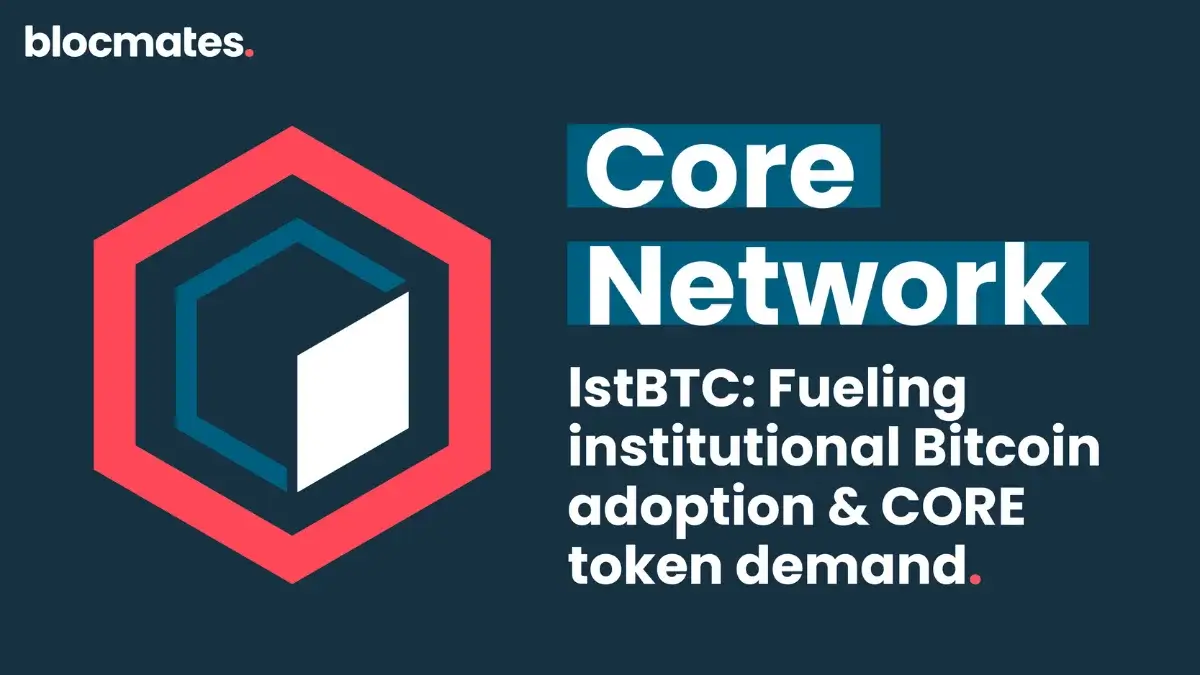
.webp)

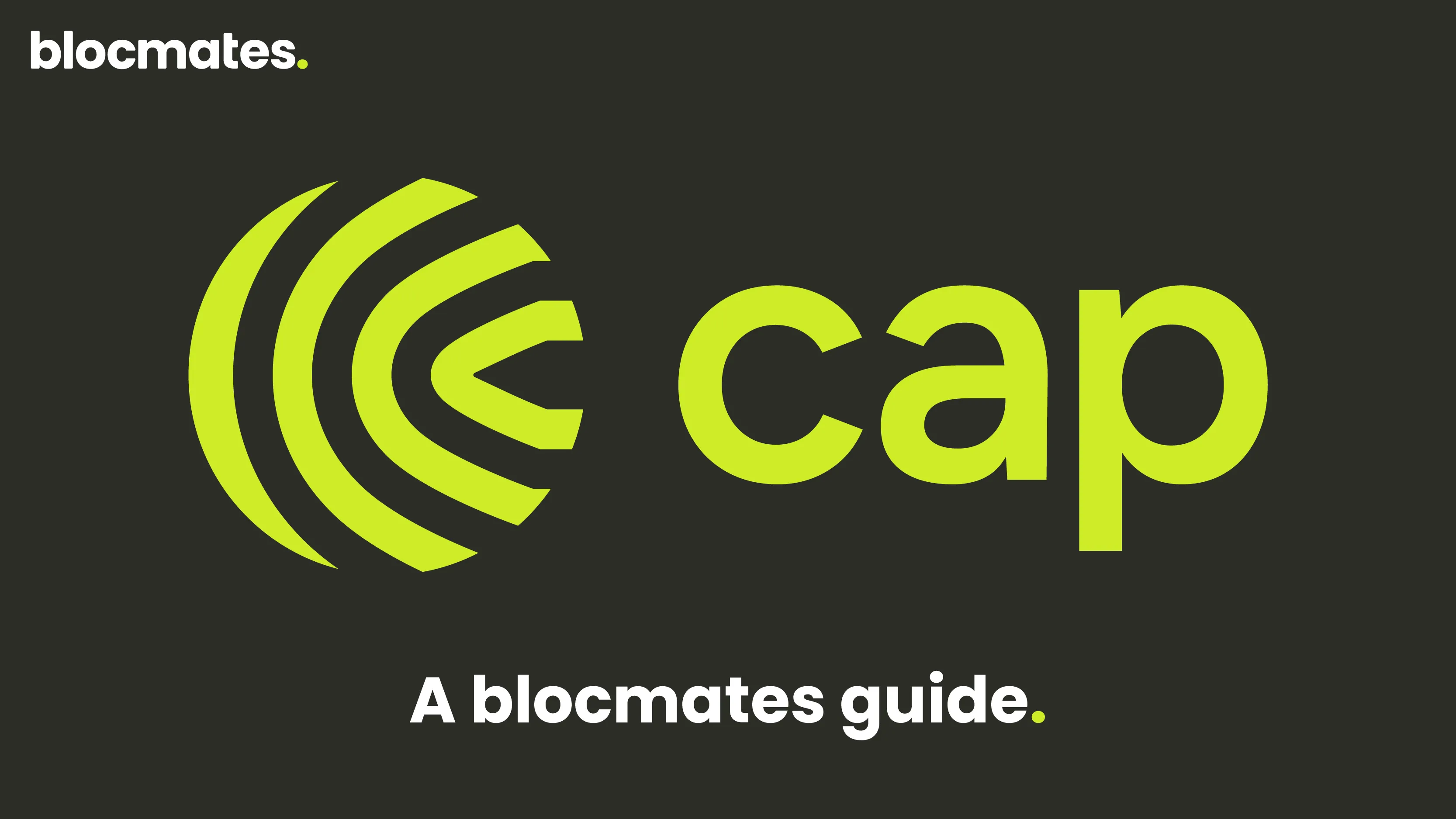










%20the%20Next%20Big%20Unlock%20in%20AI.webp)








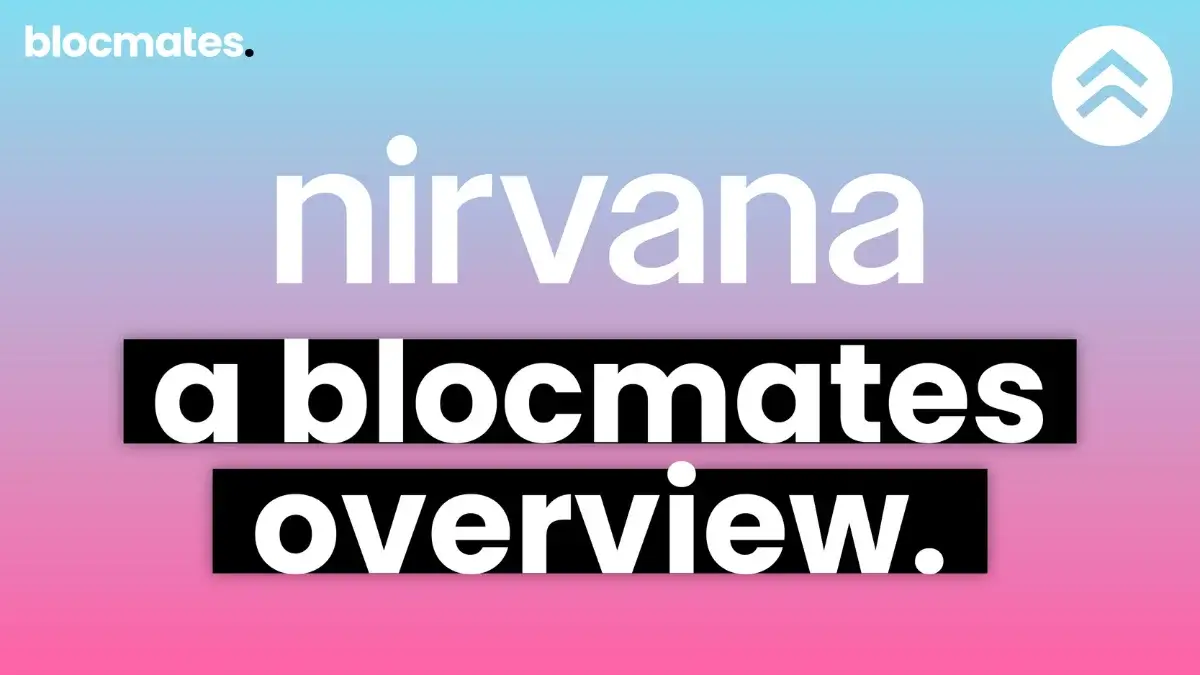





.webp)
.webp)


.webp)
.webp)










.webp)


.webp)









.webp)







.webp)



.webp)








.webp)
.webp)
.webp)

















.webp)

.webp)
.webp)

.webp)
















.webp)

.webp)


.webp)








.webp)





.webp)


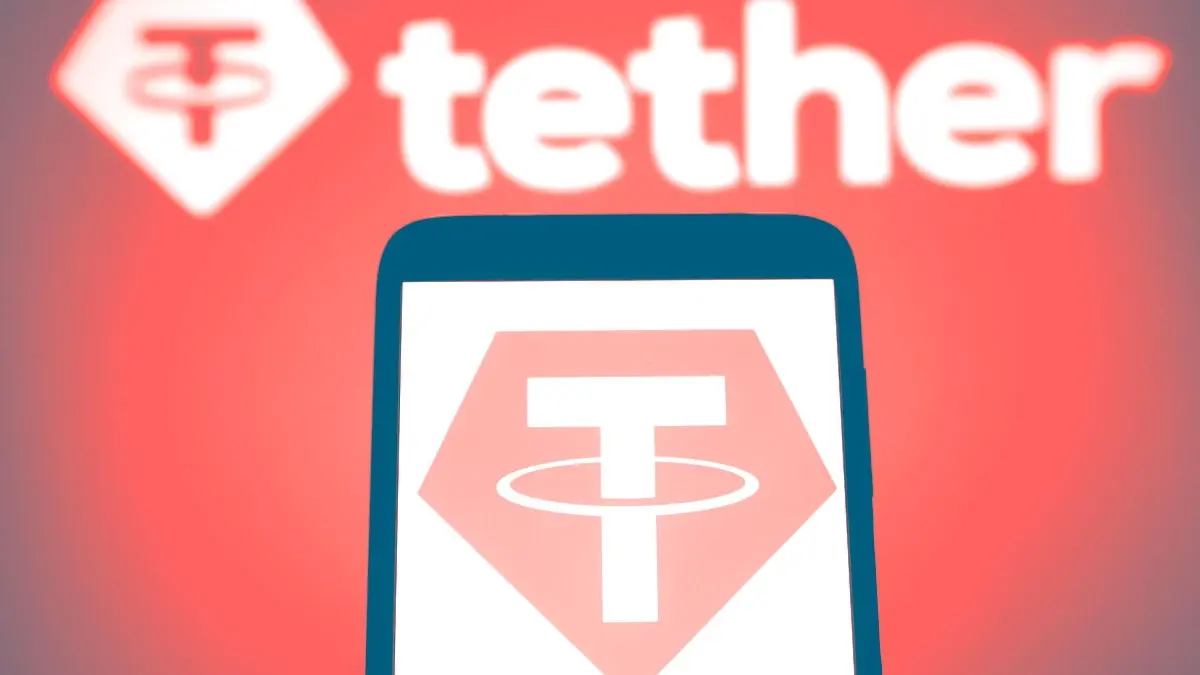

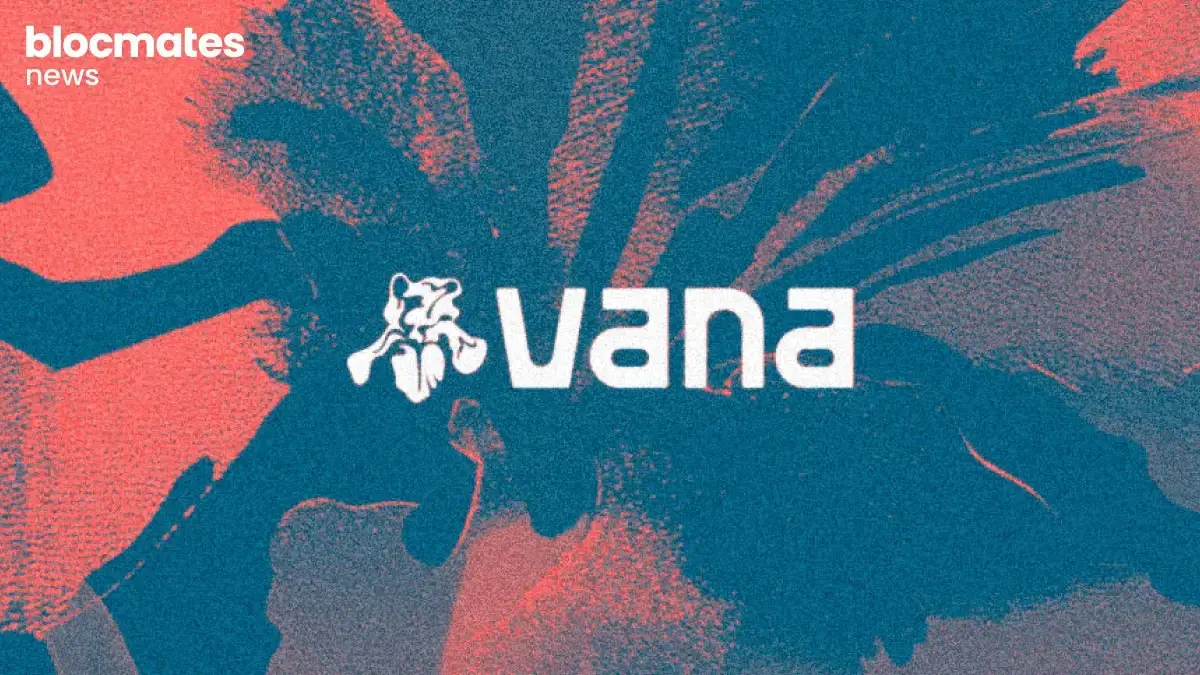



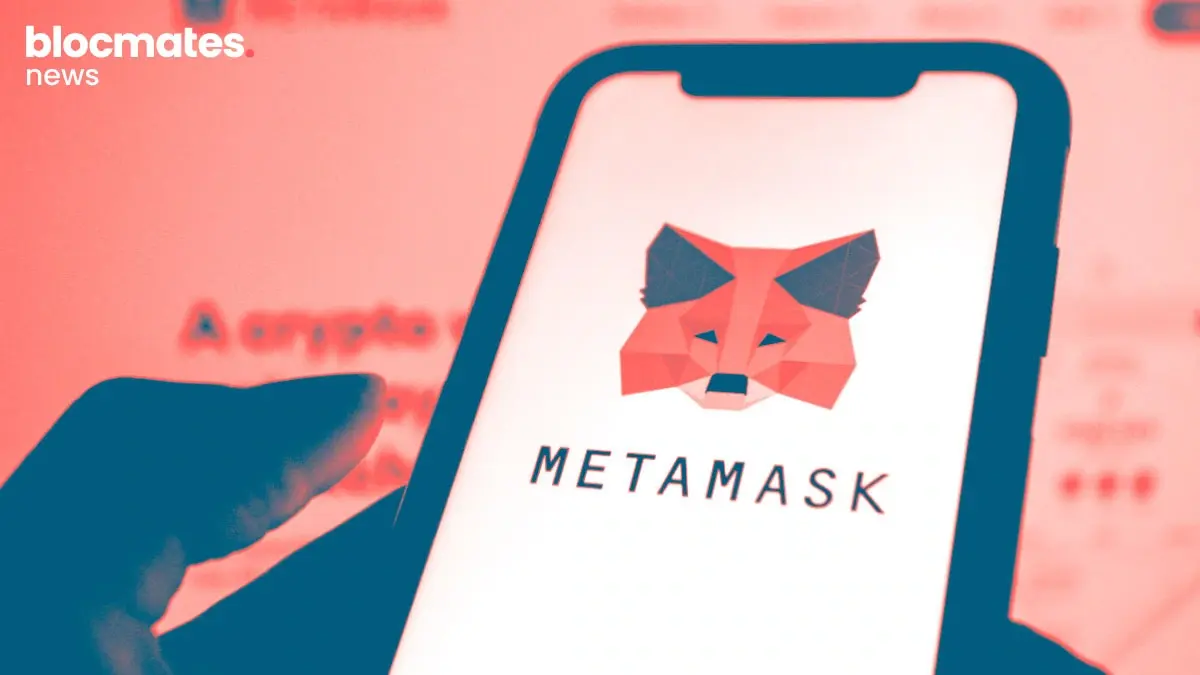
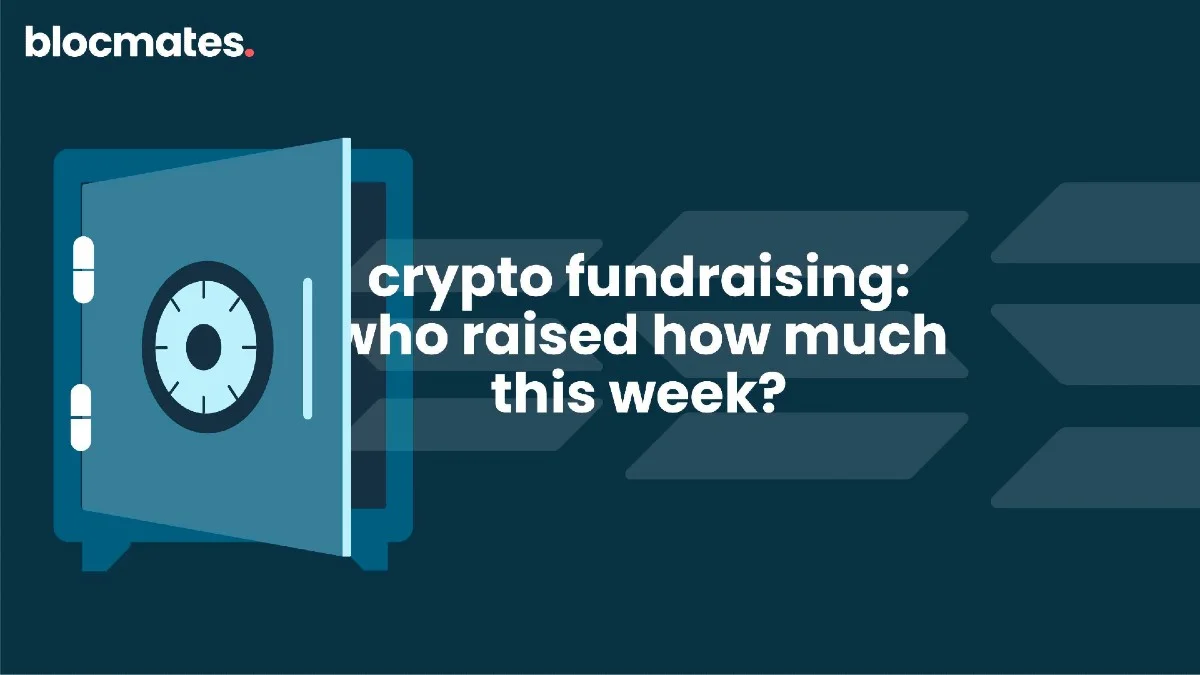


.webp)





